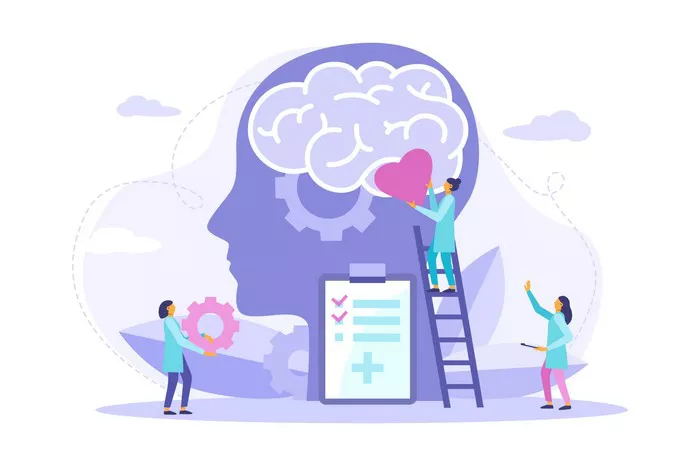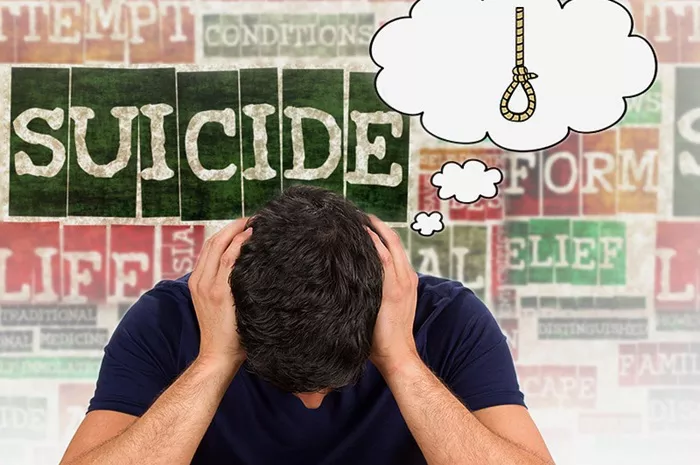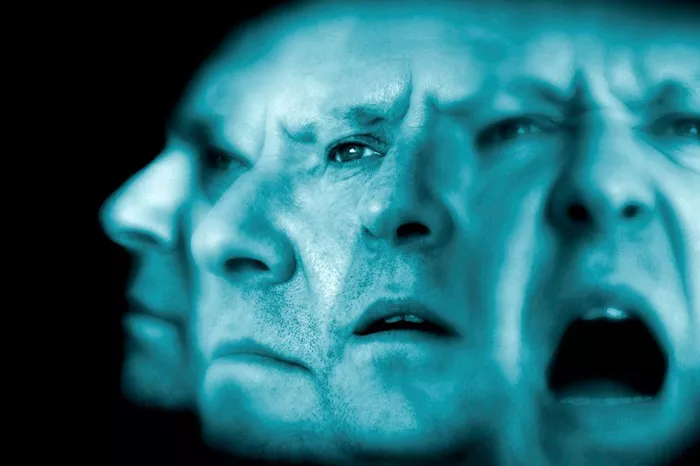In the field of mental health, acronyms like CBT (Cognitive Behavioral Therapy), PTSD (Post-Traumatic Stress Disorder), and OCD (Obsessive-Compulsive Disorder) are commonly recognized and widely understood. However, CGL is not a standard acronym or term used within mental health contexts. It’s possible that CGL could refer to various things outside of the mental health discipline, such as insurance policies (Commercial General Liability), or other fields not related to psychological terms or treatments. Given this, this article will instead explore the broader context of mental health care, detailing essential elements and current trends that are shaping therapy and mental wellness today.
The Landscape of Mental Health: Definitions and Disorders
Mental health encompasses our emotional, psychological, and social well-being. It affects how we think, feel, and act, influencing how we handle stress, relate to others, and make choices. Mental health issues can manifest through various disorders, each with unique symptoms that affect individuals in different ways.
Common Mental Health Disorders
Depression: Characterized by persistent sadness and a lack of interest or pleasure in previously rewarding or enjoyable activities.
Anxiety Disorders: This broad category includes disorders such as generalized anxiety disorder (GAD), panic disorders, and phobias, each characterized by excessive fear or worry.
Bipolar Disorder: A disorder associated with episodes of mood swings ranging from depressive lows to manic highs.
Schizophrenia: A disorder that affects a person’s ability to think, feel, and behave clearly.
Post-Traumatic Stress Disorder (PTSD): A disorder that can develop following a traumatic or terrifying event, often characterized by severe anxiety, flashbacks, and uncontrollable thoughts about the event.
Theoretical Approaches in Mental Health
Several theoretical frameworks guide the practice of mental health professionals today. These theories shape the understanding of human behavior and inform the therapeutic techniques used to treat mental illness.
Psychoanalytic Theory
Developed by Sigmund Freud, psychoanalytic theory emphasizes the importance of the unconscious mind in shaping behavior and personality. This theory has given rise to various forms of psychotherapy, such as psychoanalysis and other dynamic therapies.
Behavioral Theory
Behaviorism focuses on the idea that all behaviors are learned through interaction with the environment. This theory underlies practices like Cognitive Behavioral Therapy (CBT), which helps patients identify and change destructive or disturbing thought patterns that have a negative influence on behavior and emotions.
Humanistic Approach
Centered on the principle that every person has a built-in capacity for personal growth and change, humanistic psychology emphasizes looking at the whole individual and stresses concepts such as free will, self-efficacy, and self-actualization.
Cognitive Theory
This approach argues that dysfunctional thinking leads to dysfunctional emotions or behaviors. By changing their thoughts, people can change how they feel and what they do.
Modern Treatments and Therapies in Mental Health
Innovative therapies have been developed to treat mental health disorders, each offering unique benefits and suited to different types of problems.
Cognitive Behavioral Therapy (CBT)
CBT is a widely used treatment that focuses on exploring relationships among a person’s thoughts, feelings, and behaviors. It involves efforts to change thinking patterns and actively alter behaviors.
Dialectical Behavior Therapy (DBT)
DBT provides clients with new skills to manage painful emotions and decrease conflict in relationships. DBT specifically focuses on providing therapeutic skills in four key areas: mindfulness, emotion regulation, distress tolerance, and interpersonal effectiveness.
Psychodynamic Therapy
This therapy is rooted in gaining insight into how past unconscious processes manifest in current behaviors and relationships. It aims to explore unresolved issues and alleviate psychic tension.
Mindfulness-Based Stress Reduction (MBSR)
MBSR uses mindfulness meditation to help people become more aware of their thoughts and feelings without becoming overwhelmed by them.
EMDR (Eye Movement Desensitization and Reprocessing)
EMDR is often used for PTSD and involves the patient recalling distressing images while receiving one of several types of bilateral sensory input, such as side-to-side eye movements or hand tapping.
Emerging Trends in Mental Health
With advances in technology and deeper understanding of mental health, new trends are shaping the future of psychiatry and psychology.
Telepsychiatry and Online Therapy
The advent of telehealth technology has allowed patients to receive mental health care remotely through digital platforms, broadening access and convenience for many.
Integrated Care Models
These models coordinate physical and mental health care services to improve overall well-being, recognizing the significant link between physical and mental health conditions.
Focus on Prevention
Preventive mental health care aims to strengthen the mental health of individuals by enhancing resilience, decreasing risk factors, and increasing protective factors that affect cognitive, emotional, and social development.
Conclusion: Understanding and Addressing Mental Health
While CGL may not be a recognized term in mental health, the importance of understanding the field’s complexities cannot be overstated. As research continues and treatments evolve, mental health care remains a critical field aimed at enhancing the quality of life for individuals across the globe. Understanding the various aspects of mental health helps us develop better interventions and supports systems to assist those in need, paving the way for more effective and inclusive approaches in the future.
[inline_related_posts title=”You Might Be Interested In” title_align=”left” style=”list” number=”6″ align=”none” ids=”8262,8259,8148″ by=”categories” orderby=”rand” order=”DESC” hide_thumb=”no” thumb_right=”no” views=”no” date=”yes” grid_columns=”2″ post_type=”” tax=””]

































